Key Takeaways
- Anime villains evolved from one-dimensional to complex, with tragic backstories and noble intentions.
- Characters like Vegeta and Light Yagami became anti-heroes with morally gray motivations.
- Recent anime introduced deeply human and sympathetic villains like Shigaraki Tomura and Zeke Yeager.
Quick Links
Anime villains used to be straightforward. They were powerful, ruthless, and often predictable. Their motives were simple: rule the world or tear it apart. There is no backstory, no complexity, just pure evil. But with time, anime storytelling evolved and things have changed. Today, anime villains have morphed into something more nuanced, layered, and, dare we say, almost relatable.
To be exact – villains became deeper. Suddenly, we’re seeing antagonists with tragic pasts, conflicted morals, and even noble intentions. Let’s see how anime went from one-dimensional baddies to antagonists we can’t help but ponder over.
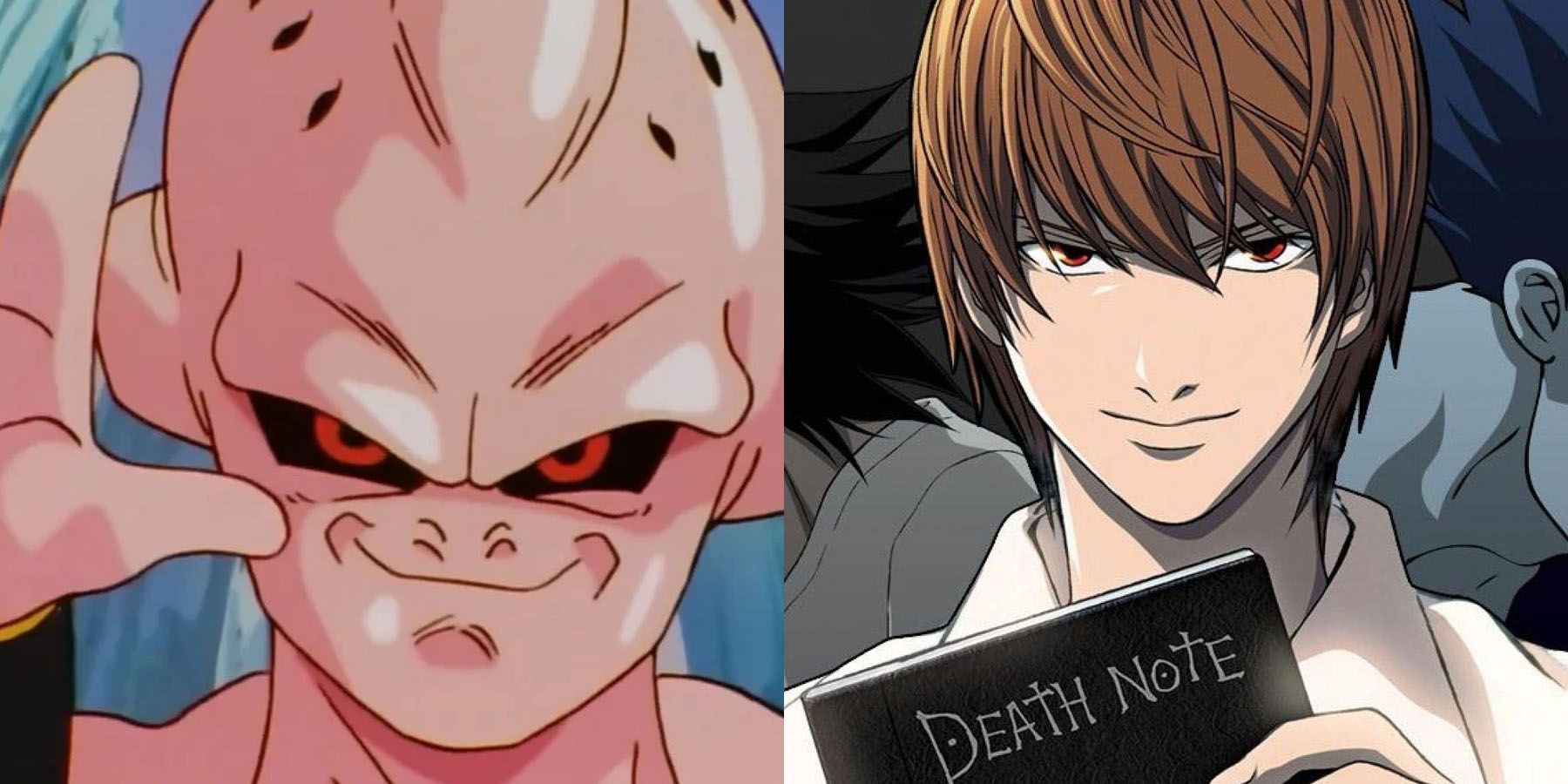
Related
31 Most Ruthless Anime Villains
The following infamous anime villains take their ruthlessness to the next level.
When Bad Was Just Bad
The Days Of One-Dimensional Villains
Initially, anime villains were designed to be, quite simply, hated. They wore their black cloaks, cackled menacingly, and had all the subtlety of a brick to the face. These villains were powerful beings with an insatiable lust for destruction, world domination, or personal revenge.
Frieza, for example, wasn’t exactly pondering his place in the cosmos or dealing with existential angst. He was ruthless, cold-blooded, and just plain nasty. If he was in a scene, it was because he was there to either fight or monologue about his plans to rule the universe. And fans loved it.
I Doubt I Need An Introduction, But Just In Case, I Am The Mighty Frieza… And Yes, All The Horrible Stories You’ve Heard Are True.
There’s something cathartic about seeing a straightforward villain brought down by a noble hero. But as time went on, audiences craved more depth, and well, the anime creators delivered.
When Antagonists Got Cool
Bad Guys Who Made Us Think!
As anime grew in popularity, the genre evolved, and so did its thugs. Anime creators began experimenting with characters that blurred the line between hero and villain. Instead of mustache-twirling evil-doers, we started seeing characters like Vegeta from Dragon Ball Z Hiei from Yu Yu Hakusho, and even Gaara from Naruto. These characters, though initially positioned as antagonists, had their own complex backstories and motivations that weren’t purely “evil” but came from a place of pain, loss, or survival.
People Can’t Win Against Their Own Loneliness – Gaara
Take Vegeta, for instance. At first, he’s a prideful, power-hungry Saiyan intent on proving himself superior to Goku. But as the series progresses, we see Vegeta’s character transform. He begins to form bonds with others, questions his motives, and even falls in love. He became the guy we were rooting for, a true anti-hero in every sense of the word.
Villains with a Cause
Around the 2000s, we entered what some might call the “golden age” of anime villains. They were characters with morally gray motivations that weren’t easy to write off as simple evil. Enter villains like Light Yagami from Deathnote, Shogo Makishima from Psycho-Pass, and Lelouch Lamperouge from Code Geass: Lelouch of the Rebellion. These characters aren’t out to destroy the world; they want to change it, each with their own vision of justice, however twisted it may be.
I understood that killing people was a crime. There was no other way! The world had to be fixed! – Light Yagami
Light Yagami starts with arguably noble intentions. He wants to rid the world of criminals using the mysterious Death Note, a notebook that kills anyone whose name is written in it. But as he gains power, his initial righteous intentions become clouded by his growing god complex. By the end of the series, we’re left wondering if Light was ever truly a “good guy” or simply corrupted by power?
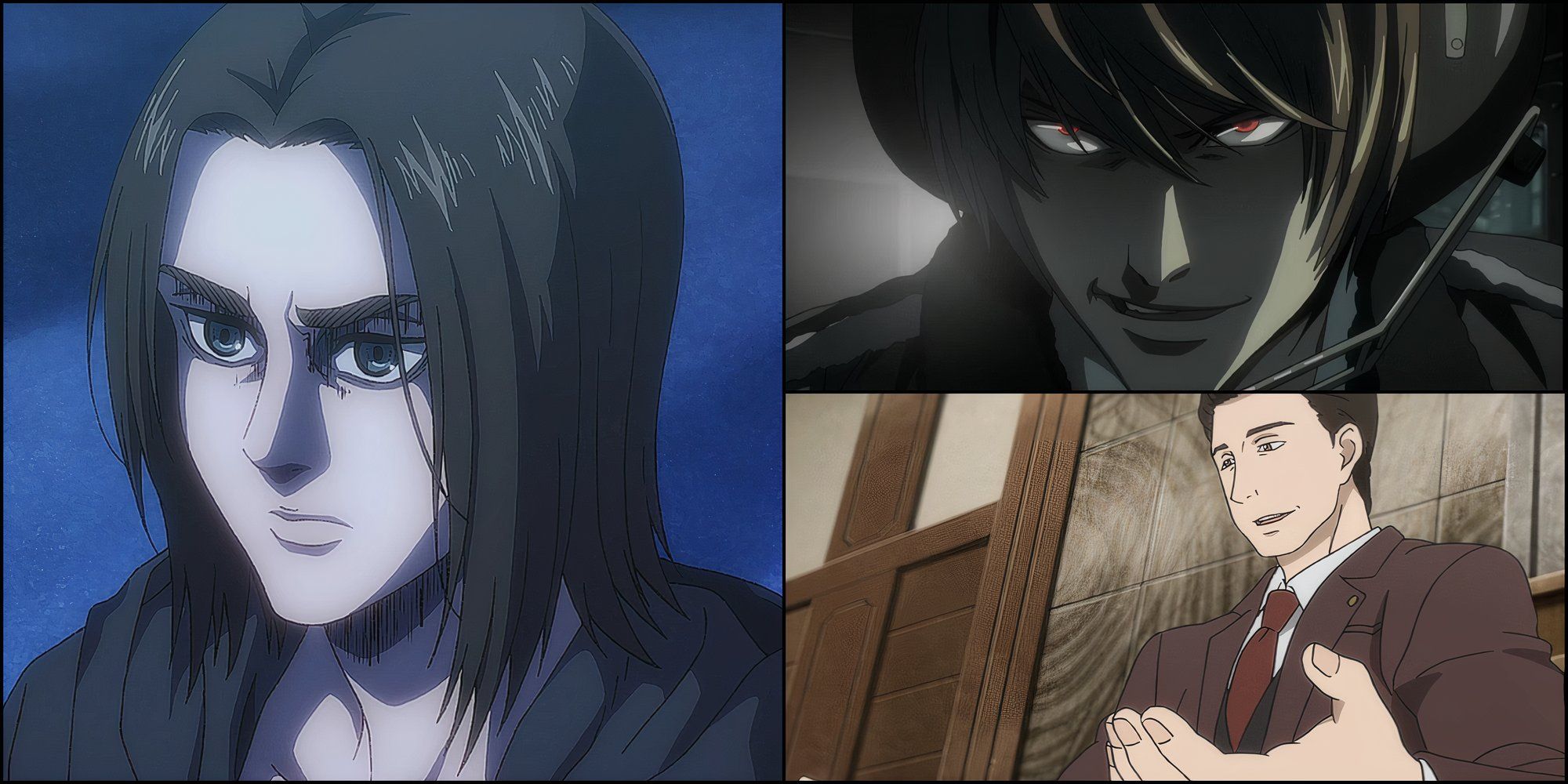
Related
8 Anime Villains Who Think They’re the Hero
Despite their often devilish acts, the following anime villains are convinced they’re on the side of good and that their actions are justified.
The Age of Relatability: When Villains Got Us Thinking
More recent anime take things a step further, introducing villains who are not only complex but also deeply human, and—brace yourself—sometimes even sympathetic.
Shigaraki Tomura is an example of how trauma can shape one’s worldview. His backstory of abandonment, neglect, and an accidental family tragedy are heart-wrenching, making his later descent into villainy feel almost inevitable. Shigaraki’s story reveals how society can fail its people, pushing someone down a dark path.
And then there’s Zeke Yeager. His view of humanity is bleak, but his backstory sheds light on the reasons behind his ideology. As we uncover the layers of his character, he stops being just an antagonist; he becomes a person molded by the cruelties of his environment. Zeke’s character reminds us that not all villains are born; some are made by their circumstances.
Why We Need Complex Villains in Anime
Complexity Makes Villains Unforgettable
So, why are anime villains evolving from classic “bad guys” to characters who are almost as compelling as (if not more than) the heroes? The answer lies in the fact that audiences crave stories that reflect the complexities of real life.
Real-world “villains” are rarely just evil for the sake of being evil—they’re often products of their environments, experiences, and choices. By reflecting this in anime, creators invite audiences to think critically, even empathize, with characters who might otherwise be easy to hate.
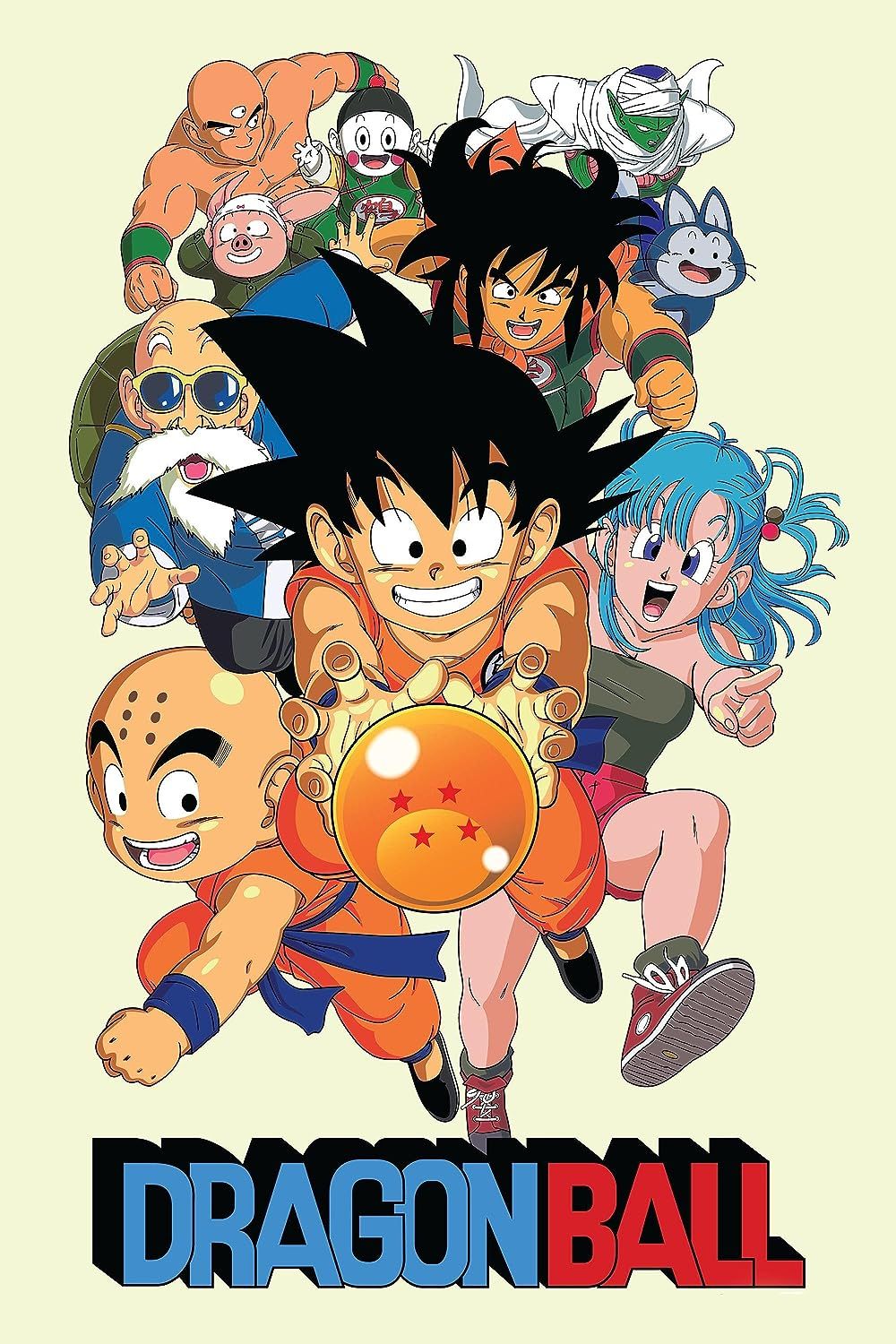
Dragon Ball
Goku, a young, powerful boy with a tail, spends his days hunting and living off the land. His life changes when he meets Bulma, a teen genius on a quest to collect seven magical Dragon Balls that summon a dragon capable of granting any wish. Together, they set off on an adventure filled with powerful martial arts battles, formidable foes, and unlikely alliances.
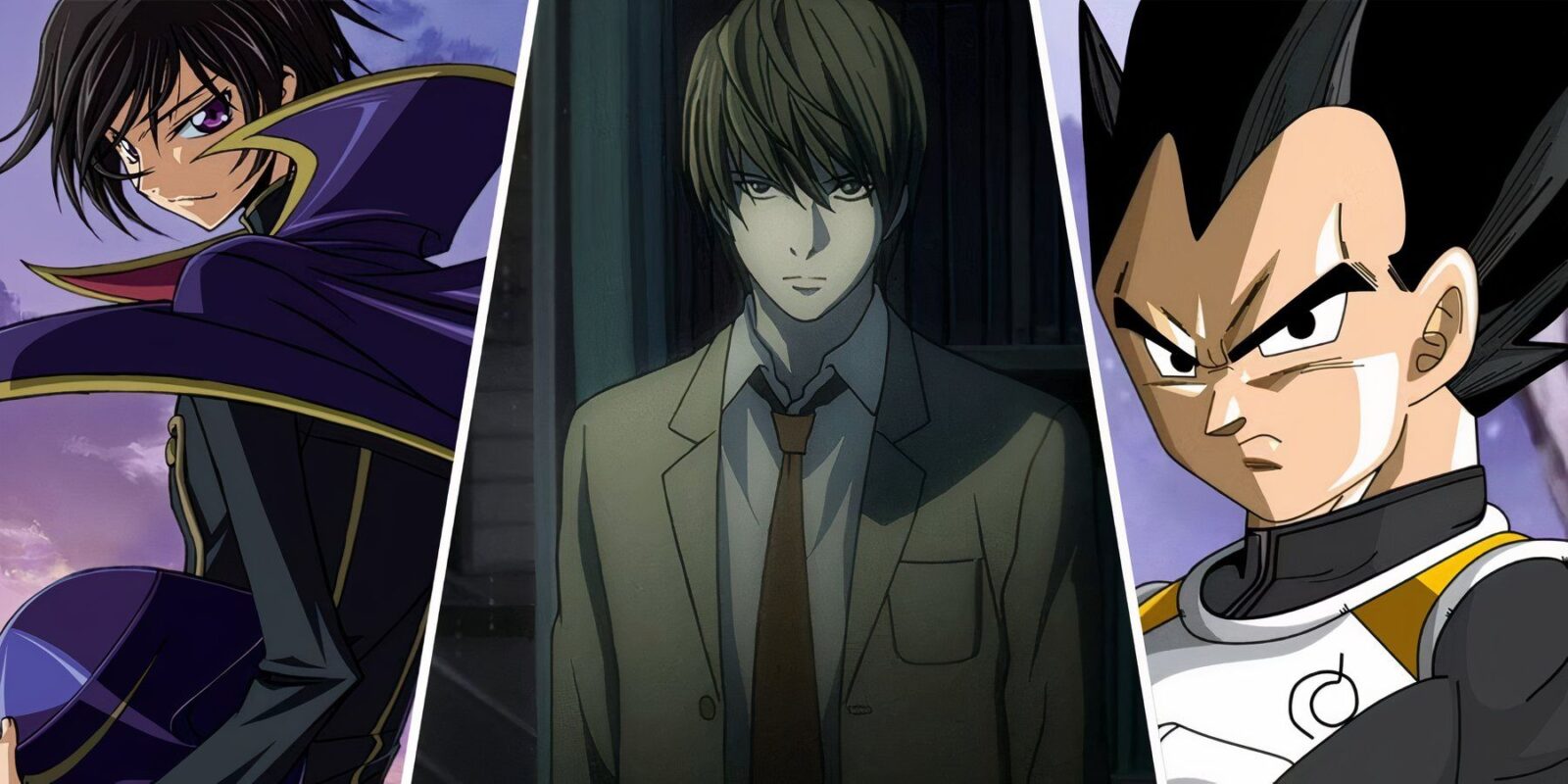
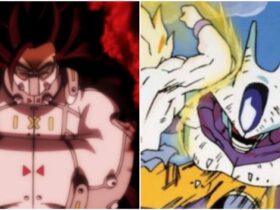
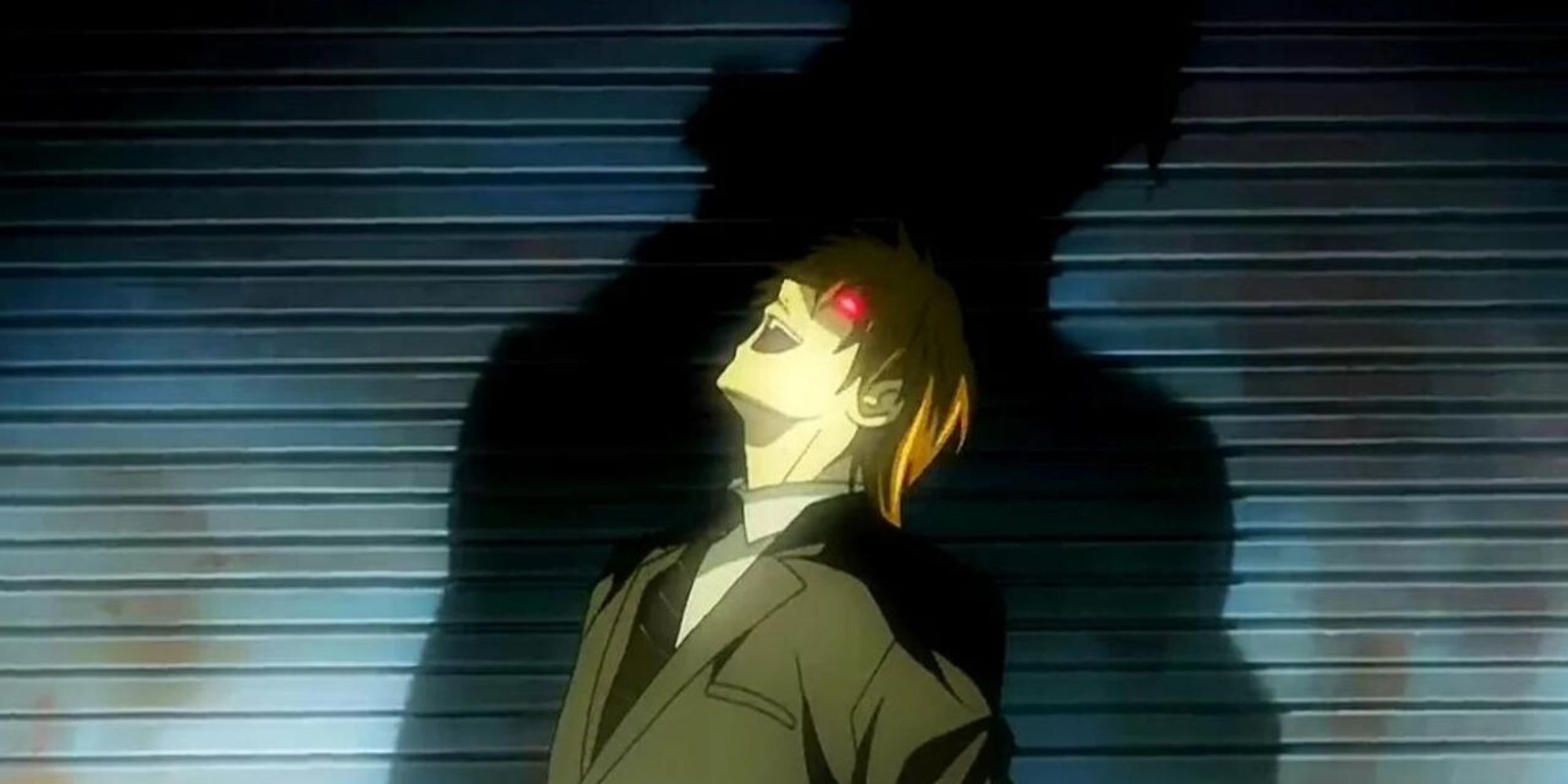
![[image loading]](https://esportvoice.com/wp-content/uploads/2024/11/Clem-doubles-what-did-you-expect-280x210.jpg)
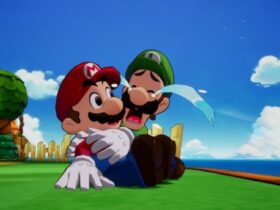
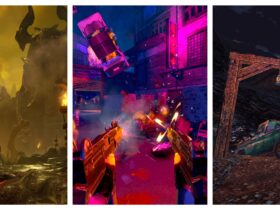
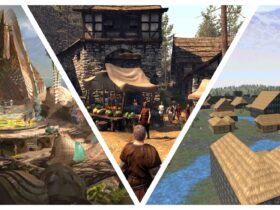
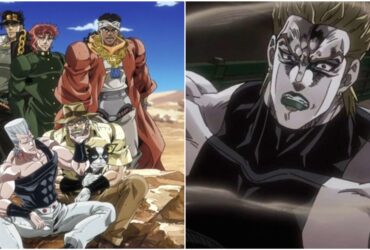
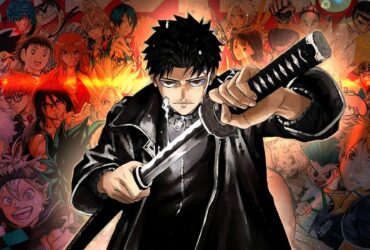
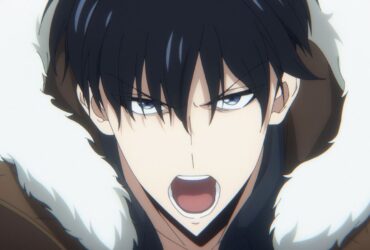
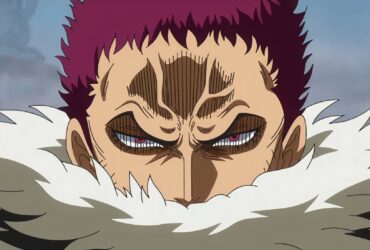

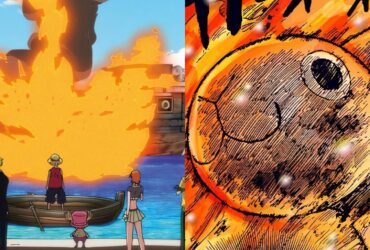
Leave a Reply